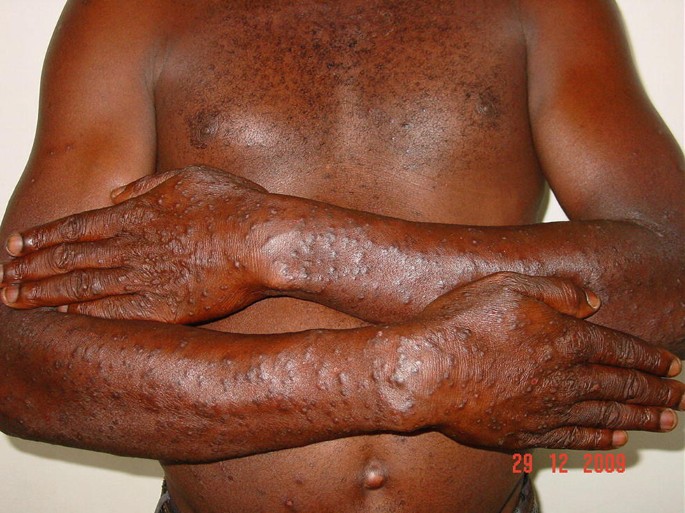Learning that you might have been exposed to the HIV virus can be scary and confusing. One of the most common questions people ask is: How soon after contracting HIV will I test positive? Understanding this timeline is important not just for your peace of mind but also for taking the right steps toward testing and treatment.
When someone contracts HIV, the virus doesn’t show up immediately on all types of tests. This is because the body needs time to respond to the virus, either by producing antibodies or by the virus multiplying enough to be detected by tests. The time between infection and when a test can detect the virus is called the window period.
Here’s a breakdown of what to expect:
1. The First Few Days (0-7 days)
Right after exposure, the virus starts to multiply in your body, but it’s usually too early for any test to detect it. If you test during this time, the result will most likely be negative but that doesn’t mean you’re safe. The virus is still active and can be passed to others.
2. 1 to 3 Weeks (7-21 days)
During this period, some tests called Nucleic Acid Tests (NATs) can detect the virus’s genetic material (RNA). These tests are more sensitive and can confirm infection earlier than other tests. However, NATs are not always the first choice because they’re expensive and not widely available.
3. 3 to 4 Weeks (21-28 days)
At this stage, your body starts producing antibodies to fight the virus. Most rapid HIV tests and home kits detect these antibodies. So, many people will test positive during this time if they are infected.
4. Up to 3 Months (90 days)
This is the maximum window period for standard antibody tests. If your test is negative after three months from exposure, it’s very likely you don’t have HIV. However, some people may take longer to develop detectable antibodies.
It’s important to remember that testing too early can lead to false negatives, so if you suspect exposure, talk to a healthcare provider about the best testing schedule for you. Also, during the window period, practicing safe sex and avoiding sharing needles is crucial to prevent spreading the virus.
Early detection can save lives. If you test positive, starting treatment quickly helps control the virus, keeps you healthy, and prevents transmission to others. So, don’t wait get tested and take control of your health.
